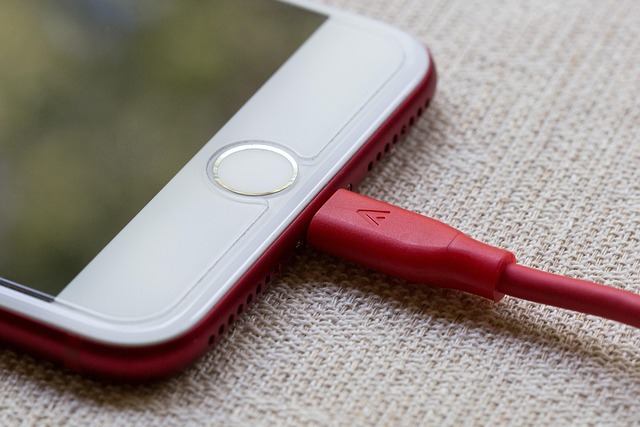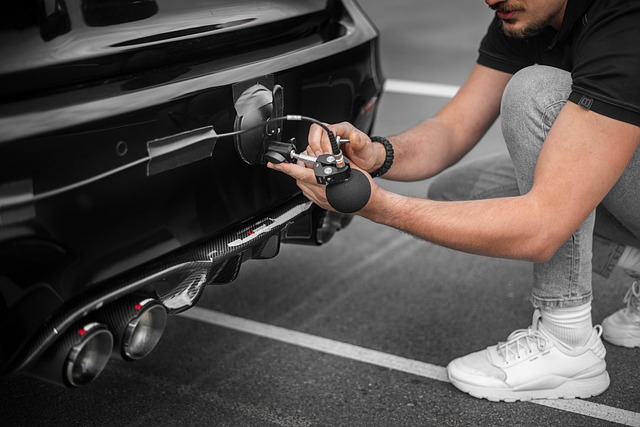
Troubleshooting Non-Starting Electric Cars: A Diagnostic Guide for Car Owners
Owning an electric car can be a thrilling experience, filled with the promise of innovative technology and a cleaner environment. However, it can also lead to moments of frustration, particularly when your car doesn’t start. If your electric vehicle (EV) is refusing to come to life, it’s vital to understand the steps involved in non-starting car diagnostics. Let’s dive into the common causes and solutions to get you back on the road in no time.
Understanding Your Electric Car
Electric cars operate differently than traditional gasoline-powered vehicles. Instead of a combustion engine, they rely on electric motors and batteries. This unique configuration means that the reasons behind a non-starting electric car might not always be what you expect. Familiarizing yourself with the various components can help you diagnose the problem more effectively.
Common Reasons for Electric Cars Not Starting
There are several potential culprits when your electric car refuses to start. Some of the typical issues include:
- Battery Problems: The most frequent reason for a non-starting EV is a dead battery, whether it’s the large traction battery or the smaller 12-volt battery.
- Faulty Charging Equipment: If you can’t connect or recharge your car properly, it may lead to a failure to start.
- Software Glitches: Modern electric cars are heavy on technology. Sometimes, a software issue can cause starting failures.
- Cooling System Issues: Overheating can prevent a car from starting. An inefficient cooling system may lead to battery failures.
Diagnostic Steps to Take
If you find yourself in a situation where your electric car won’t start, here are some diagnostic steps to follow:
- Check the Battery: Start by inspecting the battery. Ensure that the connections are tight and free of corrosion. If it’s a dead battery, a jump or replacement may be necessary.
- Analyze Charging Equipment: Investigate the condition of your charging cables and plugs. Test them with a multimeter to ensure they are functioning properly.
- Look for Warning Lights: Many electric vehicles come equipped with alert systems. Take note of any warning messages displayed on your dashboard, as they can provide clues.
- Consult Your Owner’s Manual: Your car’s manual may contain troubleshooting steps specific to your model that could expedite the diagnosis.
When to Call for Car Service
While some issues can be resolved at home, others require professional intervention. If you find that basic troubleshooting does not yield any results, it’s wise to seek help from a certified car service that specializes in electric vehicles. Make sure to choose a service that uses quality car parts and understands the intricacies of electric car engines to ensure optimal repairs.
Staying Informed with Car News
Keeping up-to-date with the latest car news is essential for electric car owners. Manufacturers often release software updates that can rectify persistent issues, along with information on battery care and maintenance tips. Check manufacturer websites and reputable automotive news sources to remain informed and proactive about car ownership.
By understanding the basics of non-starting car diagnostics and knowing what key components to inspect, you can tackle minor issues before they escalate. Empowering yourself with knowledge not only saves you time and money but also ensures that you can confidently manage the unique challenges that come with owning an electric vehicle.



